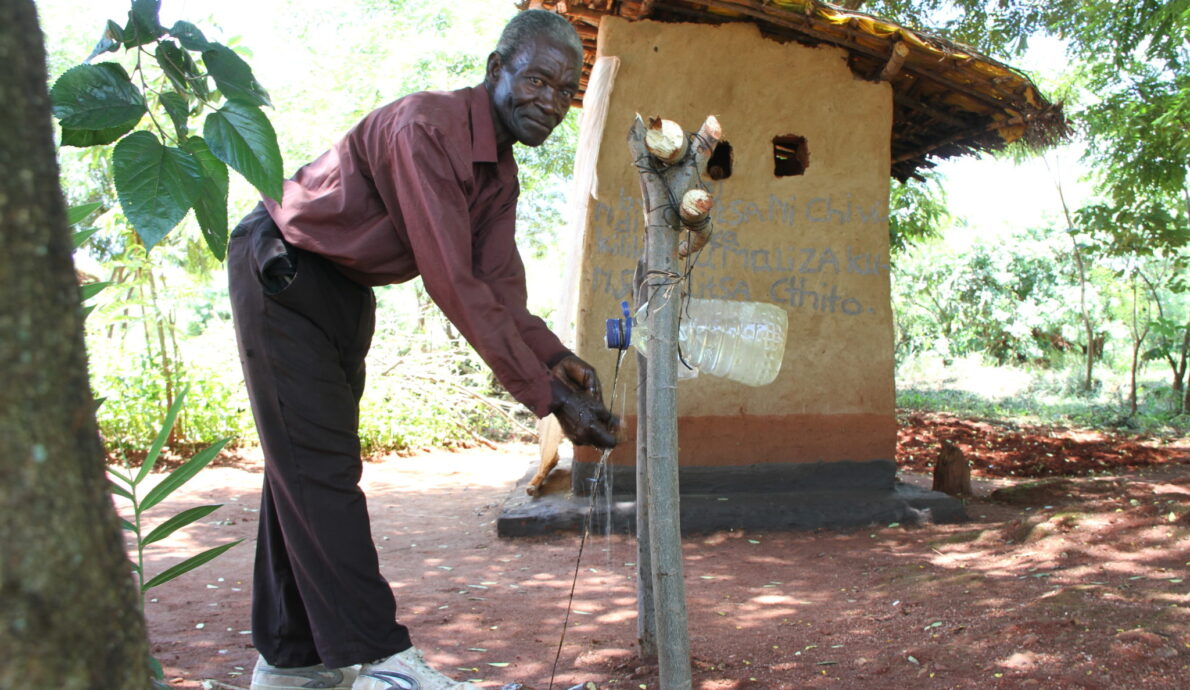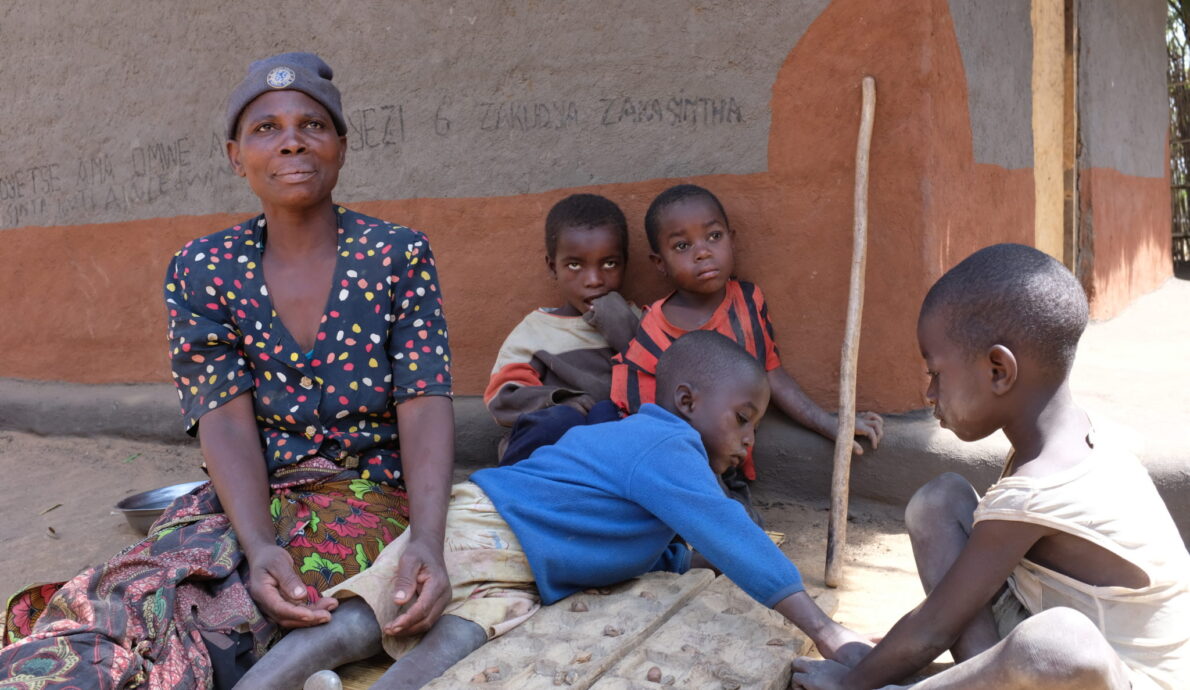Supporting the Efforts of Partners in Malawi
Counterpart’s STEPS project ensured the development of a capable, effective civil society that contributed to national development, achieved positive results, and remained accountable to the people of Malawi. The project worked directly with local civil society organizations across the country, helping to create stronger responses to some of Malawi’s most urgent needs, including HIV/AIDS and malaria and parliamentary support aimed at strengthening effectiveness of legislature to carry out its oversight, legislative, and representation functions.
Since its launch in 2014, STEPS assisted our partners – both civil society and government –to make the following improvements in service delivery, ensuring that the needs of Malawian citizens were met in a more timely, effective, and sustainable manner. Key accomplishments included:
- 6 partners have graduated from the STEPS program, meaning that they have improved and built their capacity in a meaningful, measurable way, and became better positioned to receive direct funding and grow their programs successfully and sustainably. Another 6-10 civil society partners graduated in 2019.
- 12,084 people living with HIV were enrolled in Antiretroviral Therapy
- 42,113 people living with HIV received community-based health services
- 80,204 people received behavior change messaging designed to slow the spread of malaria
- 122,299 people received instruction on improving water, sanitation, and hygiene (WASH) practices
- 444 villages improved their WASH practices and were verifiably free of open defecation
- 351 people with disabilities benefited from social protection services
- 6,448 people reached with information on disability rights
- 341 people with disabilities received referrals for other services to improve their well being
- Budget and legislative research manuals were developed to guide parliamentary staff in budget analysis and legislative research.
- 30 parliamentary staff trained on research and budget analysis
- 6 Short Term Technical Experts placed in the budget, legal, and research departments of Parliament that enhanced their technical capacity
- 6 policy analyses on parliamentary bills and documents were prepared to aid members of Parliament make informed decisions and engage effectively during the committee sessions and floor debate





